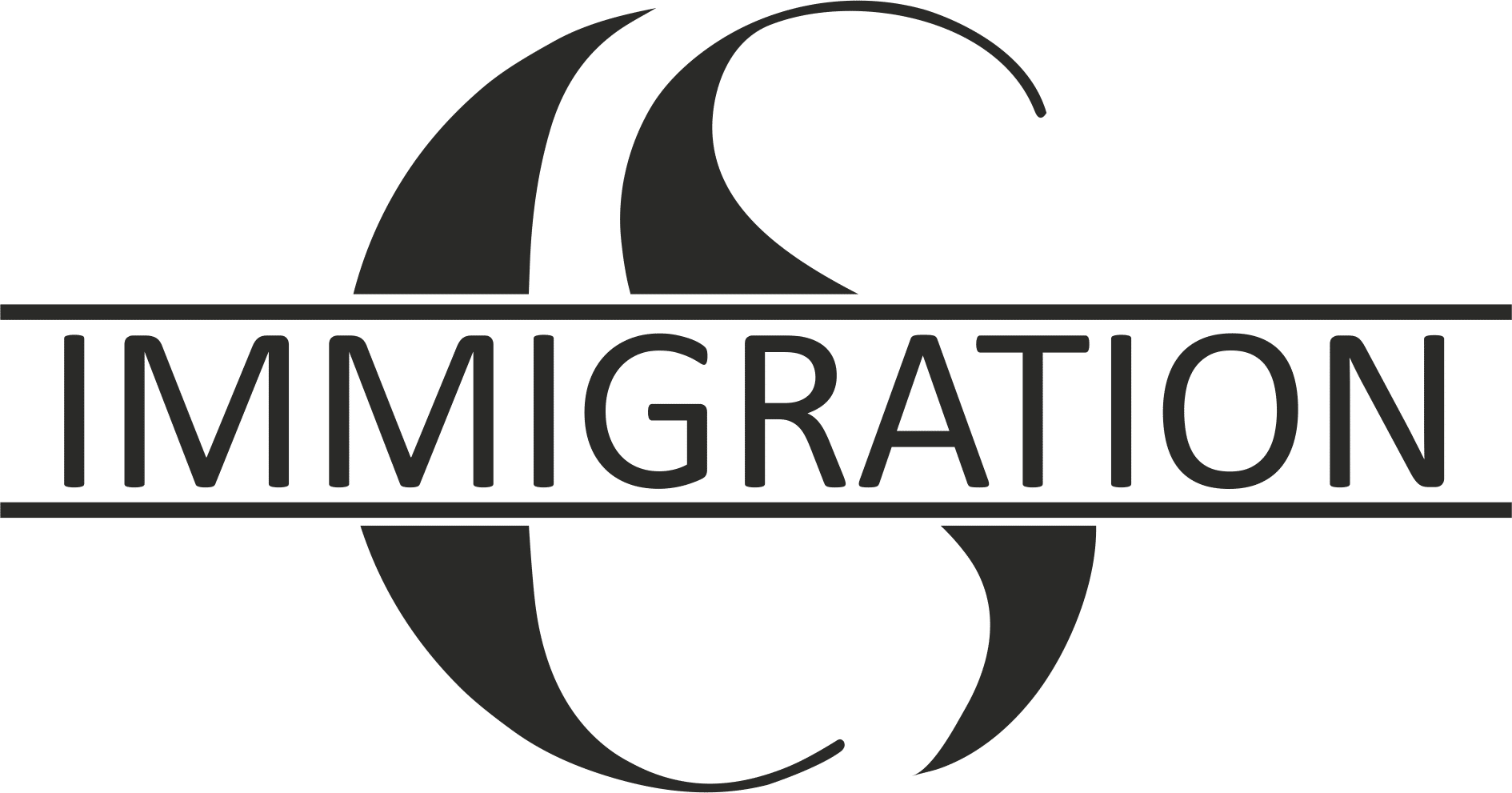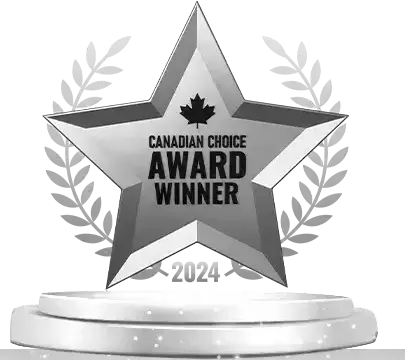The embassy interview, in which a consular official will question you about several topics, including your purpose to study in your preferred nation, is perhaps the most challenging task you will encounter while applying for your study visa in Canada.
The goal of the visa interview is to decide whether to grant the applicant a student visa or not. In order to fulfil your aspirations of studying abroad, it is imperative that you pass this level. It’s not tough to pass a visa interview, but even if you have a strong academic background, you could still be rejected if you didn’t perform properly.
Here are a few important tips from C.S. immigration®, Calgary to help you succeed in your upcoming visa interview.
- Dress Well
First impressions have a lot of weight. A respectful, well-groomed, and spotless appearance is required for a visa interview.
- Arrive Early To The Embassy
Arrive at the specified location at least 30 minutes early. You’ll benefit from feeling at ease in the environment. You might have to wait for your turn, so bring some water or a snack with you.
- Speak With Confidence
Even though some degree of nervousness is normal, speaking with confidence will improve the interview. English will be used to conduct your interview. Therefore, English language learners should practice as much as possible.
- Explain Precisely But Concisely
You must provide clear answers to the questions. You must be fully aware of your academic programs and job goals in order to do this. Additionally, you should refrain from giving overly detailed responses because consular authorities typically like succinct, unambiguous responses.
- Show Good Relations To Your Country
Student visas should only be used for academic purposes; they should not be used for immigration. As a result, you will need to persuade them that you will return after your degree is through because you have strong links to your homeland.
- Arrange All The Documents Properly
You might need to bring the required papers and any supporting ones with you to the interview. To avoid having to fight with them during your interview, please make sure that all of your documents are in the proper sequence.
- Employment
Remember that finishing your degree, not obtaining a job, is your main motivation for studying abroad. Depending on whether you have permission, you may work on or off campus, but this should be a secondary objective to your main one.
Final thoughts:
Are you too confused with where to apply your study visa in Canada from? Give us the privilege to walk you through the entire immigration process and make your visit a success.
